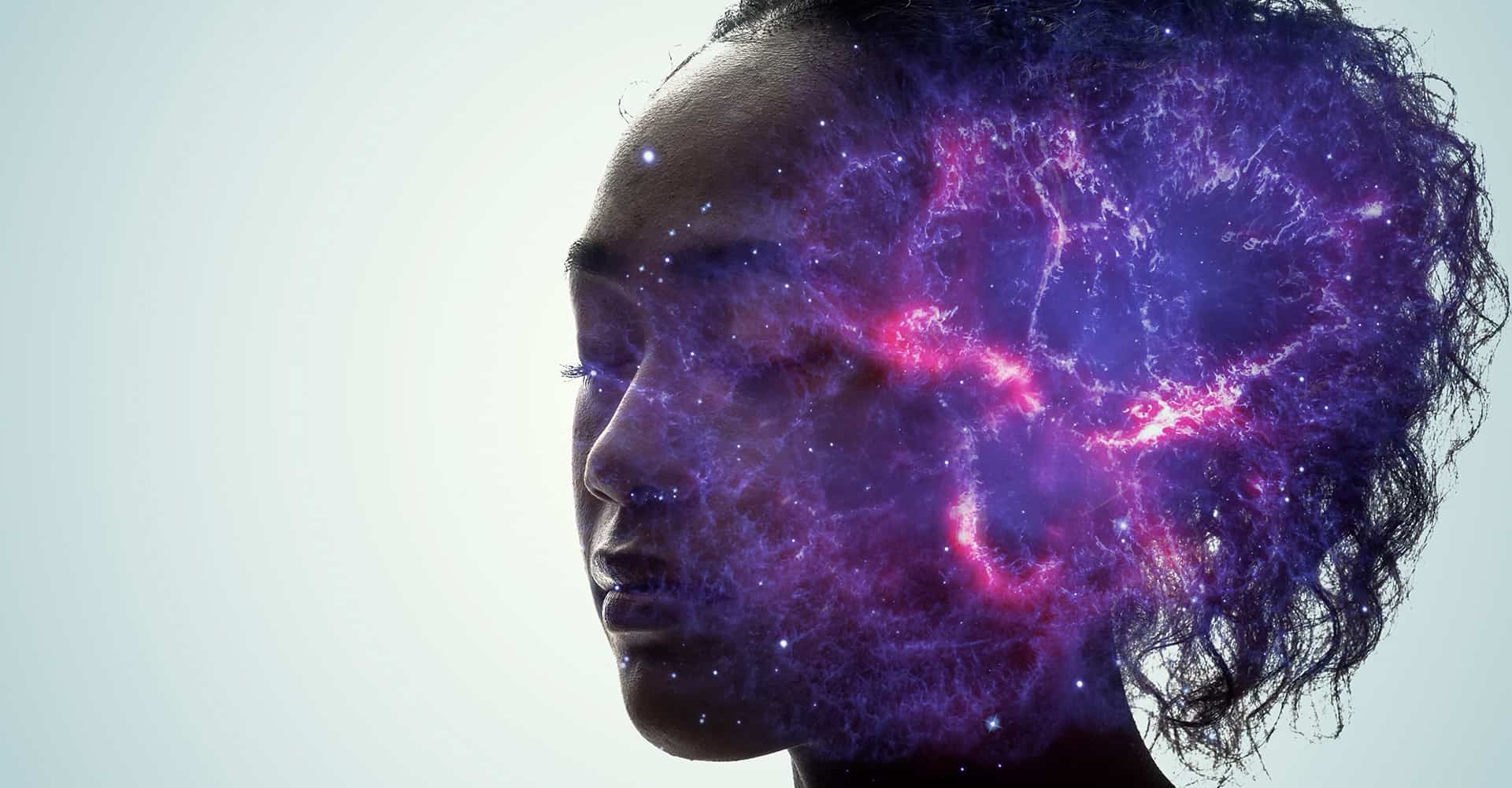Migraines, often described as intense, throbbing headaches accompanied by nausea, sensitivity to light, and sound, can be debilitating for those who experience them regularly. Despite the availability of various treatments, many individuals find themselves searching for relief. One emerging avenue of hope is the use of ketamine, a dissociative anesthetic gaining recognition for its potential in alleviating migraine symptoms. Lets delve into the promising aspects of ketamine treatment for migraines and the evolving landscape of migraine management.
Understanding Migraines
Migraines are complex neurological disorders characterized by recurrent, severe headaches often accompanied by other symptoms such as nausea, vomiting, and sensitivity to light and sound. The exact cause of migraines is not fully understood, but it is believed to involve a combination of genetic, environmental, and neurological factors. Traditional treatments for migraines include pain relievers, preventive medications, and lifestyle modifications. However, not all individuals respond adequately to these approaches, leading researchers to explore alternative treatments like ketamine.
Ketamine: Beyond Anesthesia
Ketamine is well-known for its use as an anesthetic in medical and veterinary settings, but its potential extends far beyond its original applications. Recently, researchers have been investigating ketamine’s efficacy in treating various mental health conditions, such as depression, anxiety, and post-traumatic stress disorder (PTSD). Building on this foundation, studies are now exploring ketamine as a potential treatment for migraines, providing a new avenue of hope for those seeking relief.
How Ketamine Works to Treat Migraines
Ketamine’s mechanism of action in alleviating migraines is not yet fully understood, but it is believed to involve its interaction with the glutamate system, a neurotransmitter associated with pain perception. Ketamine also acts on N-methyl-D-aspartate (NMDA) receptors, modulating neural activity and potentially interrupting the migraine process. Additionally, ketamine exhibits anti-inflammatory properties, which could contribute to its effectiveness in reducing migraine symptoms.
Clinical Studies and Evidence
Several small-scale clinical studies have investigated the use of ketamine for migraines, with encouraging results. A study published in the Journal of Headache and Pain reported significant reductions in pain intensity and frequency of migraines after ketamine infusion therapy. Another study, published in the Journal of Clinical Psychopharmacology, found that ketamine treatment led to a rapid and sustained reduction in migraine symptoms.
It’s important to note that while these findings are promising, more extensive research is needed to establish the long-term safety and efficacy of ketamine for migraines. Clinical trials are underway to further explore its potential and to determine the optimal dosages and treatment protocols.
Ketamine Treatment Process
Ketamine treatment for migraines typically involves intravenous (IV) infusions administered in a controlled medical setting. The infusion process is closely monitored by healthcare professionals to ensure safety and efficacy. The number of sessions required may vary depending on the individual and the severity of their migraines. Some individuals may experience relief after just a few sessions, while others may need a more extended treatment plan.
Considerations and Caution
While ketamine shows promise, it’s crucial to approach its use for migraines with caution. Ketamine is a potent medication, and its administration should be supervised by qualified healthcare professionals in a controlled environment. Individuals considering ketamine treatment should undergo a thorough evaluation to assess their eligibility and discuss potential risks and benefits with their healthcare provider. Reach out to a trusted medical professional at DayTryp to schedule a consultation.
As the understanding of migraines and their treatment options continues to evolve, ketamine emerges as a potential ray of hope for those who have struggled to find relief through traditional means. While research is still in its early stages, the promising results from initial studies suggest that ketamine may offer a novel approach to migraine management. As ongoing research unfolds, the medical community is optimistic about the prospect of expanding treatment options and improving the quality of life for migraine sufferers.










 Daytryp Health has taken
Daytryp Health has taken  The
The 